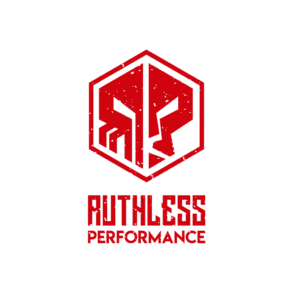By Jesse Rodriguez
An apple a day keeps the doctor away right? Not quite since dietary guidelines recommended us to consume ~3-5 servings of fruits and vegetables a day. Vegetables, specifically, are overlooked but they shouldn’t as they are superfoods. Mom was right when nagging us about eating our veggies at the dinner table.
Vitamins are our main focus here and how it can help performance. There are two types of vitamins:
- Water soluble – Vitamins B and C
- Fat soluble – Vitamin A, D, E, and K
*Vitamins A, C, and E have antioxidant effects
The difference between the two are the elements of metabolism. Some water-soluble vitamins require digestion while some don’t, however, they are all absorbed in the small intestine then transported through the blood to their target areas. Similarly, some fat-soluble vitamins require digestion while some don’t. In order to get absorbed, it must be incorporated into a micelle with the help of bile. The micelle then gets absorbed into the intestinal cells by passive diffusion in the small intestine. Those with diseases or complications may have trouble absorbing vitamins or producing the necessary enzymes for metabolism.
Vitamins help performance in many ways such as serving as antioxidants to reduce inflammation or working with minerals such as calcium to promote bone strength. Furthermore, some fruits can serve as a pre-workout packed with carbohydrates with a low glycemic index providing a steady dose of carbs throughout the workout. Additionally, fruits contain fructose, a simple sugar, that is digested quickly aiding in glycogen replenishment. Because vitamins have various benefits, I will cover only a handful of fruits and vegetables that can help your health and performance.
- Fish, Beef, Yogurt, Milk, Chicken – Vitamin B12
- Helps formation of red blood cells
- Maintain brain function
- Create and breakdown protein and fat
- Pears – Vitamins C, K, B3, B6, B9
- Increase energy levels
- Aids in digestion
- Decrease blood pressure
- Cucumbers – Vitamins C, K, B1, B7
- Aids in protection of brain
- Increase digestive health
- Decreases stress
- Freshens your breath!
- Milk, Eggs, – Vitamin D
- Increase bone strength
- May increase musculoskeletal health
- May improve muscle efficiency
- Oranges, Carrots, Milk – Vitamin A
- Aid in vision and cellular differentiation
- Promotes eye health
- Antioxidant effects helping in muscle recovery
To summarize, vitamins are imperative to our health and can aid in performance. Add a banana or apple to your mid-day snack. You can also try things like carrots with hummus, celery sticks with peanut butter or steamed broccoli with your dinner. Eating your servings of fruits and vegetables doesn’t have be boring so mix it in with your daily foods. Eating a balanced diet includes all food groups containing vitamins which are important for different functions in the body

Pingback: Best of TFR’s Featured Fitness Content: Volume 35 | The Fitness Resource